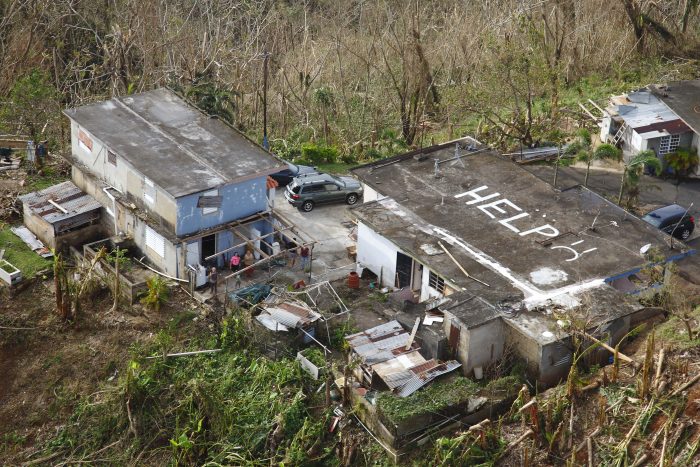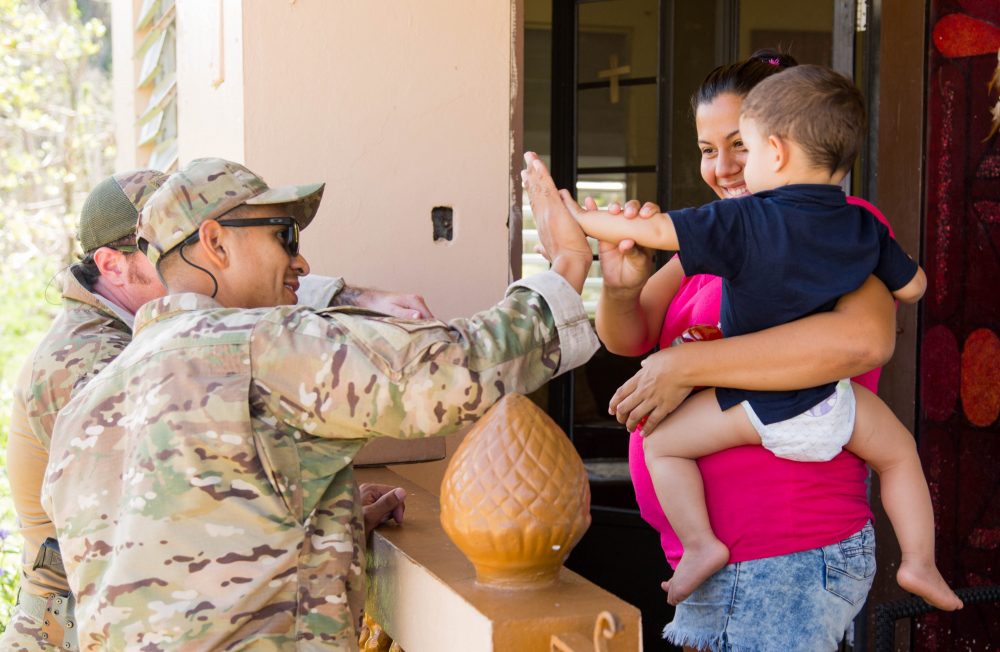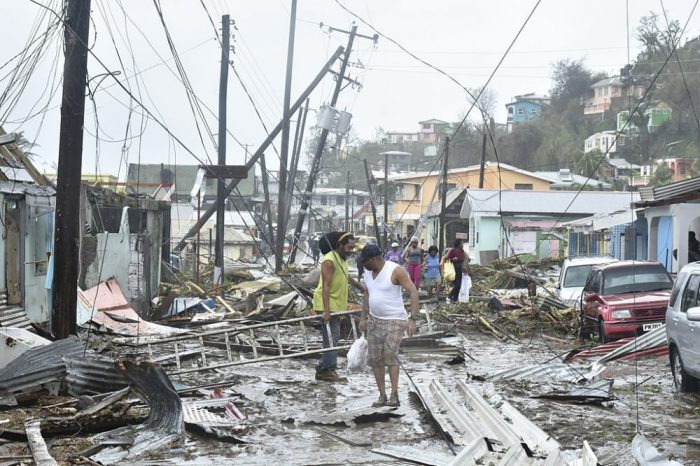Sobering Realities of Hurricane Preparedness
There are no easy answers when it comes to preparing for another hurricane in areas where heavy recovery is the norm and basic relief is still being carried out. On any given day, the needs shift and change in ways that challenge my best thinking. As I listen to and watch the hurricane preparedness messages […]

There are no easy answers when it comes to preparing for another hurricane in areas where heavy recovery is the norm and basic relief is still being carried out. On any given day, the needs shift and change in ways that challenge my best thinking. As I listen to and watch the hurricane preparedness messages this week, I think particularly of Puerto Rico.

How is it possible that we are a mere three weeks away from the start of the 2018 hurricane season? My first Twitter alert this morning was for a storm in the Pacific, Invest 90E, that was likely to become the first tropical depression of 2018. If it continues to strengthen, it will become a storm named Aletta.
Though it has been nine months since last year’s deadly series of hurricanes—Harvey (Aug. 25), Irma (Sept. 10), and Maria (Sept. 19-20)—affected communities are still very consumed by disaster recovery, and in some areas, basic relief efforts. And every discussion about recovery includes questions around preparations for this year’s hurricane season, which begins officially on June 1.
Some of those conversations have been productive. My colleague in Texas is working on a partnership with Rebuild Texas around preparedness grants. However, in Florida and Puerto Rico, the discussions have been sobering enough to make my eyes sting with tears.
In the Florida Keys, I listened to one long-term recovery group leader talk about her fears that many clients would commit suicide if another hurricane made a direct pass across an area where many have struggled to regain a new normal. In Puerto Rico, where an island-wide blackout happened just a month ago, and on a good day, thousands remain without power (there is significant discrepancy between official reported numbers and reports from our partners in the field), it will not take another hurricane to plunge things into chaos again. It will only take one really bad storm.
There are no easy answers when it comes to preparing for another hurricane in areas where heavy recovery is the norm and basic relief is still being carried out. On any given day, the needs shift and change in ways that challenge my best thinking. As I listen to and watch the hurricane preparedness messages this week, I think particularly of Puerto Rico. There are places across the island that still struggle with access to regular food and remain without power. There are people there who grapple with the anxiety that comes with every thunderstorm. And now they worry increasingly about what a new hurricane season might bring. Ongoing logistics have improved but remain largely problematic.
And as I think of those things, here is my best advice for funders working with nonprofit partners in areas already affected by the 2017 hurricanes: be willing to step up with two parallel lines of funding. Ask, as you are working with them on recovery work, “If a hurricane happened next week in your area, what would you need?” And be prepared to act on those answers. As funders, we must act now to meet the immediate recovery needs, while also giving our partners the resources to adequately prepare for the next disaster.
As a nation, we will only be better prepared as we strengthen our ties to each other and within our communities. It takes extra effort and time and money. But ask the question now, before the next hurricane is staring us in the face. It’s what we all need to do if we are going to be successful at real preparedness and true resiliency.
More like this

Announcing Six New Recovery Grants for the Caribbean and Florida
